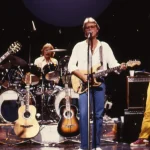Two Legends, One Immense Legacy: John Lennon and Freddie Mercury
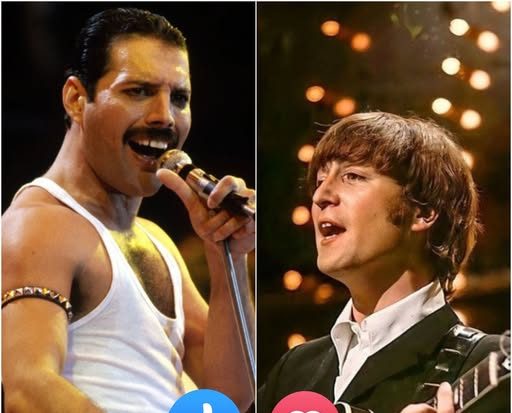
John Lennon and Freddie Mercury stand as titans in the annals of music history. Though their artistic approaches and life paths diverged, both left an indelible mark on music and culture, shaping generations of artists and fans alike.
John Lennon: The Voice of Rebellion and Peace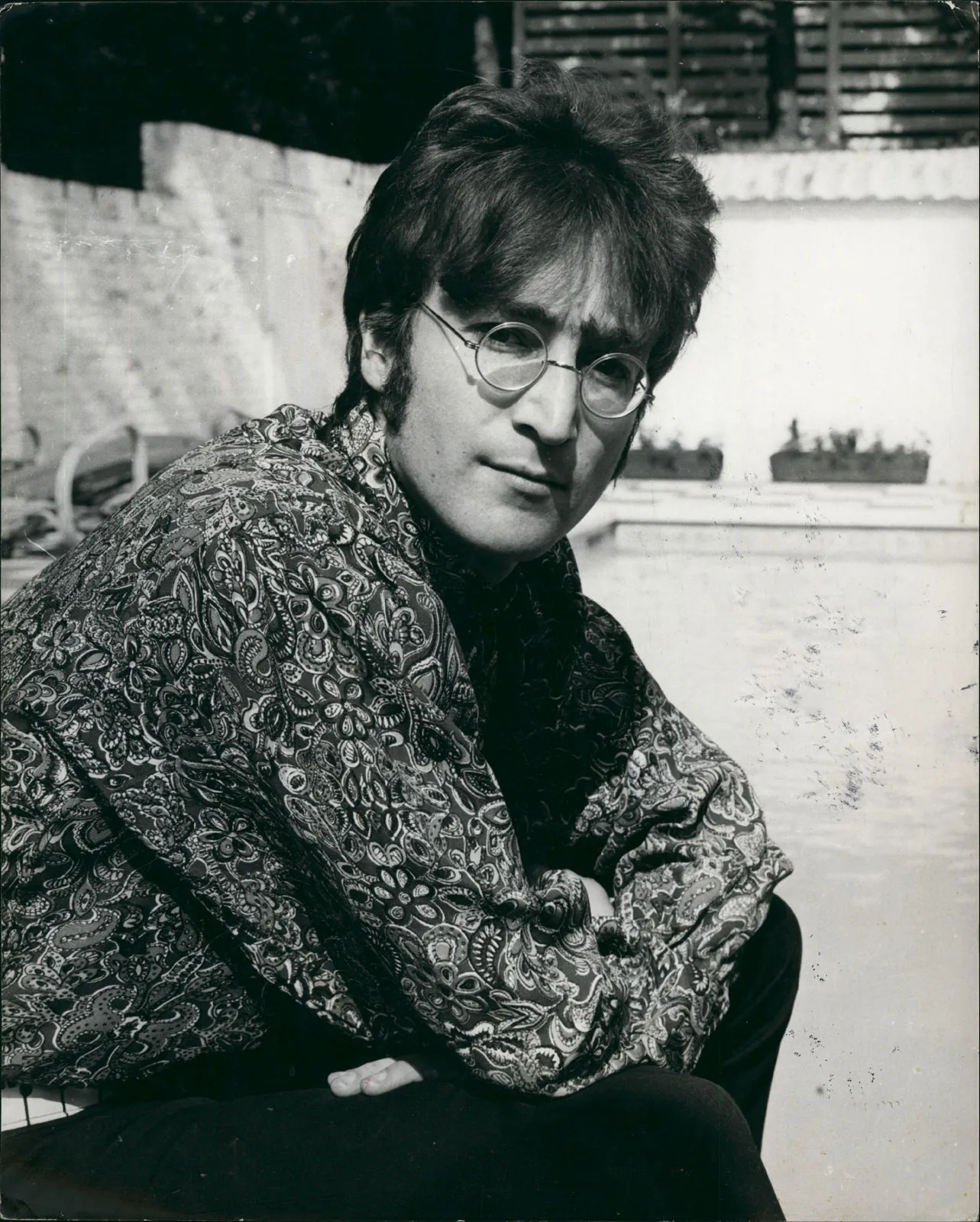
John Lennon (1940-1980), co-founder and driving force behind The Beatles, was celebrated for his unparalleled songwriting genius and a complex, often contradictory, personality. His music vibrated with rebellion and biting satire, yet was equally imbued with deep compassion and a fervent yearning for peace.
Musical Style and Songwriting: Lennon was an incredibly versatile musician. From the raw power of The Beatles’ early rock and roll to the introspective ballads of his solo career, his music always carried a profound personal weight. He fearlessly explored sensitive subjects like war, politics, and peace, exemplified by the iconic anthem “Imagine,” which remains a timeless plea for global harmony. Lennon also pioneered the incorporation of experimental and psychedelic elements into music, pushing The Beatles’ creative boundaries.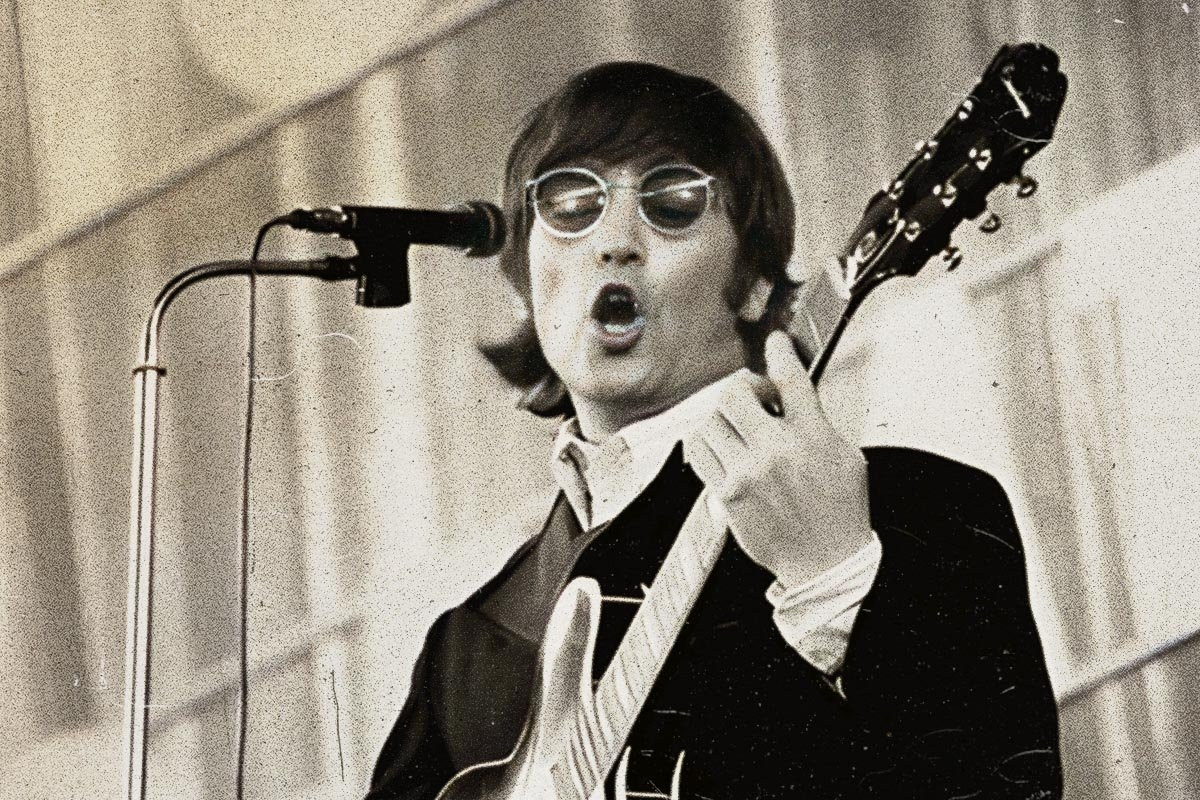
Cultural Impact: More than just a musician, Lennon was a vocal activist. He used his platform to champion peace and justice movements, becoming a symbol for the counterculture and anti-war generations of the 1960s and 70s. His legacy transcends his music, resonating through his messages of love, peace, and social change.
Freddie Mercury: The Ultimate Showman and a Peerless Voice
Freddie Mercury (1946-1991), the flamboyant frontman of Queen, is widely regarded as one of the greatest vocalists in rock history. He was renowned for his electrifying, uninhibited stage presence and a powerful four-octave vocal range.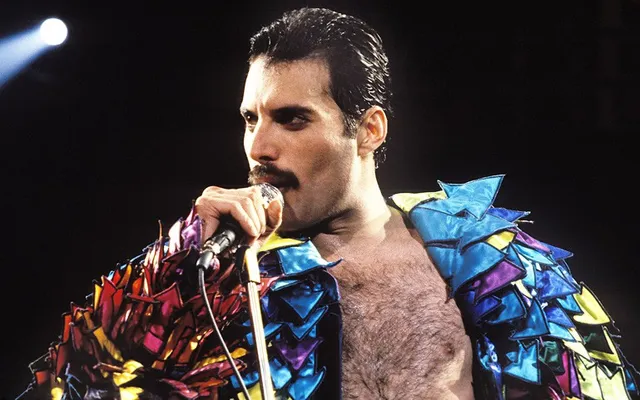
Musical Style and Performance: Freddie Mercury redefined the archetype of a rock frontman with his dramatic theatricality and an unparalleled ability to command an audience. His voice could seamlessly transition from guttural roars of power to soaring, crystal-clear high notes. Under Freddie’s charismatic leadership, Queen forged a unique sound blending rock, pop, and opera, producing timeless hits like “Bohemian Rhapsody,” “We Will Rock You,” and “Don’t Stop Me Now.” Queen’s performance at Live Aid in 1985 is universally hailed as one of the greatest rock performances ever, a testament to Freddie’s irresistible stage magnetism.
Cultural Impact: Beyond his music, Freddie Mercury became an icon of fashion, boundless self-expression, and the breaking of gender norms. He lived a life of passion and courage, inspiring countless artists, especially within the LGBTQ+ community. Freddie’s legacy continues to captivate new generations through his music and the captivating portrayal of his life in films like “Bohemian Rhapsody.”
A Shared Admiration, Though Worlds Apart
Though they never met in person (John Lennon passed away in 1980, Freddie Mercury in 1991), Freddie Mercury held a deep admiration for John Lennon. He once called Lennon “the greatest” and the only person he idolized and wished he could have met. Freddie felt that Lennon possessed creative abilities that he couldn’t quite match, and that made Lennon truly unique in his eyes.
Freddie Mercury even penned a song dedicated to John Lennon, “Life Is Real (Song for Lennon),” featured on Queen’s 1982 album Hot Space, a poignant tribute to the fallen legend.
Freddie Mercury and John Lennon, two colossi of music, have left an indelible mark on the world. One shaped the counterculture with his profound music and messages of peace, while the other dominated the stage with his extraordinary voice and captivating showmanship. Both were pioneering artists who challenged boundaries and continue to inspire millions across the globe.






